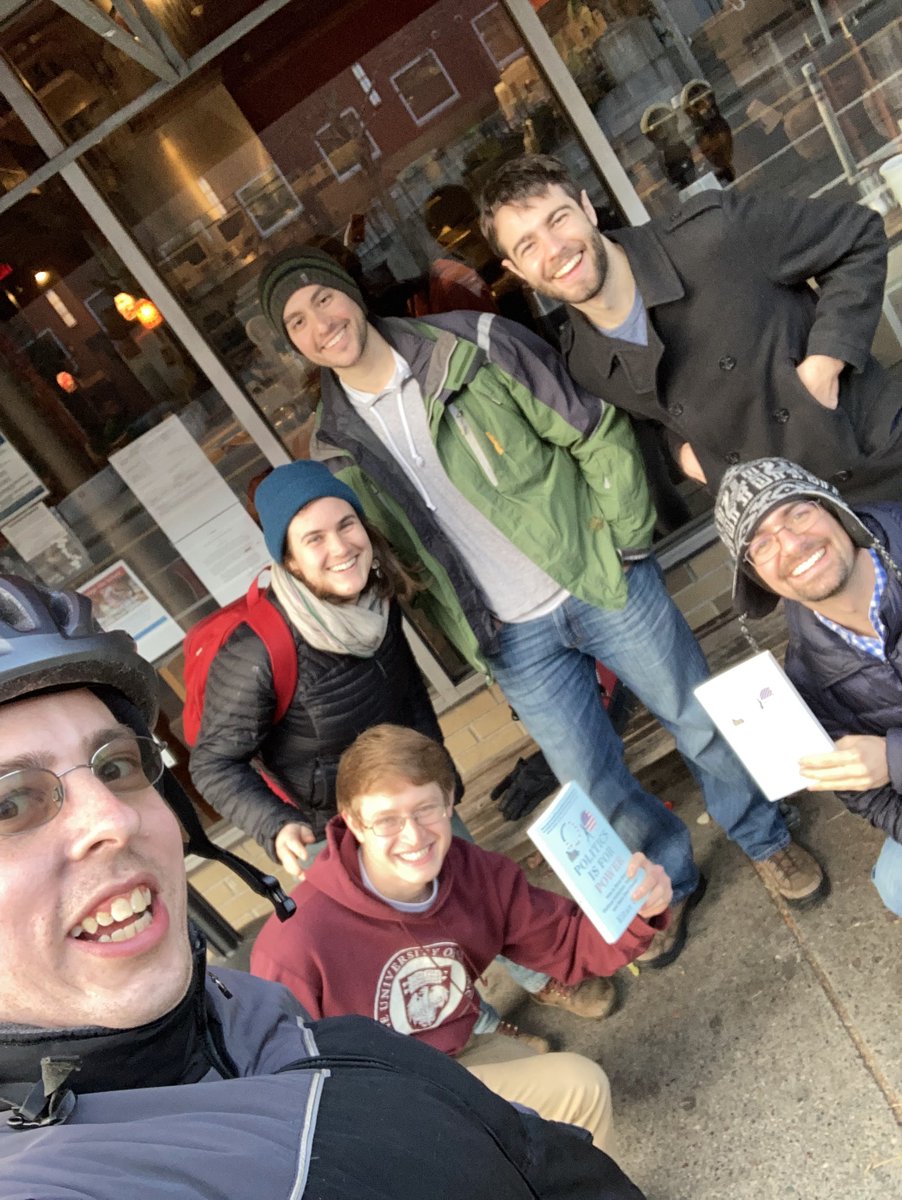Next Tuesday, January 4, there will be a Planning Board discussion on concepts for ending exclusionary zoning in residential districts and allowing multifamily structures by-right. Unlike previous discussions, this one is not centered around a specific proposal like the recent Missing Middle Housing petition; instead, CDD’s presentation will include background information (slides 1-26) and a menu of possible approaches (slides 28-35).
While the planned CDD presentation is thorough, two concerns have stuck out to ABC members. One is a focus on the residence A-1, A-2, and B districts, which underplays the problems even with existing C and C-1 districts. Another is a lack of urgency about why ending exclusionary zoning is important and why the Planning Board should go bold. You can help provide that context by email until 5:00pm the day before (Monday, January 3) or live via Zoom at the Board’s public hearing. While the Board meeting begins at 6:30pm, the discussion will be the fifth item on the agenda, so you may have to wait awhile for it.
Around here…
- A Better Cambridge is starting the new year with a meeting of our Events Committee on Tuesday, January 11 at 5:30pm. If you’d like to join and influence the discussion, please sign up via Zoom or contact Camilla Elvis with any advance questions.
- The next City Council will be inaugurated on Monday, January 3 at 10am (watch here via Zoom). First-time councillors-elect Burhan Azeem and Paul Toner, both ABC members, discussed their visions and goals in a recent Cambridge Chronicle article.
- The two recent anti-AHO petitions have been stopped - thank you! The petitions were heard at the Ordinance Committee and Planning Board, and both bodies expressed an unwillingness to proceed with either the increase-setbacks amendment or the require-more-parking amendment (although the Planning Board unfortunately indicated they may want to revisit requiring more parking at a later date).
- The Council passed a long-disputed campaign finance ordinance this month. The ordinance, which initially targeted alleged conflicts of interest involving donations from supporters of upzoning – but not downzoning – was amended before passage to patch some of its most problematic features. Although the City Solicitor advised that the ordinance required a home rule petition passed by the state legislature, the Council decided to push ahead and wait for lawsuits to settle the city/state jurisdictional issues.
Pictured here are some of the attendees of ABC’s December book club meeting on Politics is for Power. Is there a book you'd like to read and discuss with ABC? Reply to this email.
…and elsewhere…
- Implementing a law passed last January, Massachusetts has issued draft guidelines, still open for public comment, to encourage multifamily housing in communities near MBTA transit. Housing advocates, including Abundant Housing MA, CHAPA and MAPC, have made the case for strong regulations in this area. The new rules – which use continued funding as an incentive – may require many communities (although probably not Cambridge) to rezone at least 50 acres near transit centers to allow denser developments.
-
The word continues to spread–
- “Single-family zoning has a target on its back,” reports historian Alexander von Hoffman in a short overview of restrictive land-use laws around the US and their consequences. He also notes that, in order to be effective, elimination of single-family zoning must be paired with dimensional standards reform.
- In a recent Boston Globe report, housing policy analyst Amy Dain noted that “the root cause of the escalation in home prices is not the new café, the new apartment building, or the new neighbors – the root cause is a region-wide housing shortage, [which] creates a game of musical chairs that people with the lowest incomes will lose.”
- Abundant Housing MA recently presented California State Senator Scott Weiner, a long-time housing crusader, in a discussion on What MA pro-housers can learn from CA zoning reform victories.
- With restrictive regulations causing a severe housing shortage and rising prices – 23.8% increase in the national median price of a single family home in the last 12 months – New Zealand passed a major bipartisan upzoning law in a step toward dousing the fire. In addition to authorizing 3-story, 3-unit structures, by right, almost everywhere, the new law also advances the timeline for implementing an earlier plan limiting local government control over residential land use. The NZ action is being proposed as a model for reducing the housing shortage in Canada and Australia as well.

